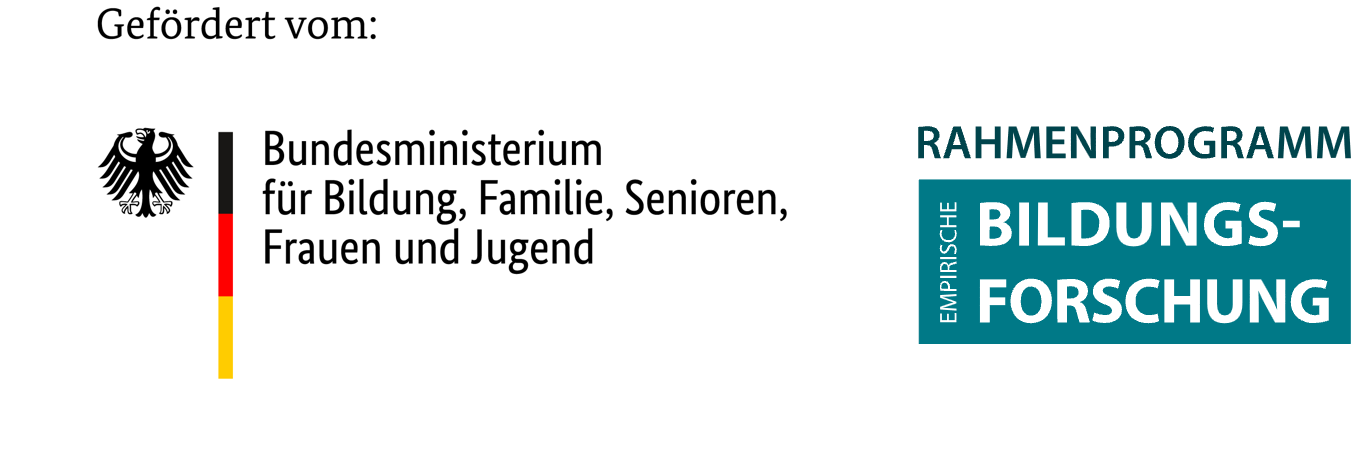Towards AI Futures
Background
Artificial intelligence, or AI, is a new way of managing information and making everyday decisions (Berente et al., 2021). This advanced set of technologies is therefore becoming more and more common in our lives (Rahwan et al., 2019) and many companies are starting to see it as necessary for their products and services (Weber et al., 2021). In our research, we focus on young, growth-oriented companies that produce such technologies in order to create futures where AI is an everyday-tool used by broad parts of our societies for the sake of making life and work easier. We call these firms AI ventures. The way in which these ventures use AI changes how value is created and captured (Bughin et al., 2018; Chui et al., 2018; Fontana, 2021; Iansiti & Lakhani, 2020). This is because AI can automate tasks that were once done by humans or help humans make better decisions (Raisch & Krakowski, 2021).
We engage in two types of research endeavors at the moment:
- Design-oriented research
- Together with K.I.E.Z. and the Digital Entrepreneurship Hub, we have not only learned how venture growth differs between AI ventures and other digital ventures (Zebhauser et al., 2023), but also produce a framework to guide new ventures in designing ML technologies and business models. This framework is developed and tested with AI ventures and the K.I.E.Z. Accelerator.
- Building on our empirical work (Wessel et al. 2021), we produce a design theory for smart service systems based-upon a practice theoretical perspectives.
- Problematizing, empirical research
- Together with our research partners, we look at particular characteristics of AI technologies and study their effect on the process of venturing and its impact on our societies. Throughout these studies, we found, for instance how AI ventures do (not) achieve growth (Schulte-Althoff et al., 2021). In our work, we compare concepts and theories from computer science to problematize established theories in management and information systems.

Mentoring and Empowering Girls and FLINTA of Colour to Participation, Achievement and Resilience
Building Bridges (BMBF)
The interdisciplinary research and development network is dedicated to the empowerment and mentoring of girls* of color from the 10th grade onwards to strengthen educational participation in the academic setting and in the field of psychosocial professions.
In a transdisciplinary approach, a diversity-sensitive, intersectional and low-threshold mentoring and empowerment program (MEP) is designed together with key players in the field, which a) identifies intrapersonal resilience factors and talents through psychological, discrimination-sensitive coaching and activates the individual potential of the students, b) outlines successful educational biographies through the integration of mentors and role models of color, c) identifies existing barriers to educational participation and academic career paths and develops solutions through a mentoring program for students of color.
The entire project is flanked by an innovative, participatory digital platform for context-sensitive storytelling, which allows project partners and later also users to design experience reports audio-visually with the help of research-led rules and the use of simple machine learning models and make them available as a digital dialog of experience reports.
Prof. Rothe's chair is working on the participatory creation of a context-sensitive toolkit for digital storytelling based on the action design research approach59 . The toolkit draws on findings from existing research and the draw on research in mental Health, in psychosocial occupational fields, and narratives regarding barriers and coping strategies for studying psychosocial profession. Together with our partners, we derive design rules for manually and automatically created audio-visual content that can be used to develop digital narratives of intersectional discrimination for empowerment and to derive strategies for action.
BMBFSFJ funding measure
Link to project website
Building Bridges - Empowering Girls & FLINTA* of Colour
Project duration
01.09.2024 – 31.08.2027
Responsible team member
Project Partners
Univ.-Prof. Dr. Claudia Calvano, Freie Universität Berlin, Fachbereich Erziehungswissenschaft und Psychologie
Anette Berg, Stiftung SPI, Sozialpädagogisches Institut Berlin »Walter May«. Gemeinnützige Stiftung des bürgerlichen Rechts, Sitz Berlin

Further Research Partners
Prof. Janina Sundermeier, Digital Entrepreneurship Hub, Freie Universität Berlin
Jonathan Zebhauser, K.I.E.Z., K.I. Entrepreneurship Zentrum, Berlin
Prof. Daniel Furstenau, Freie Universität Belrin
Prof. Gene Moo Lee, UBC Sauder School of Business
Prof. Lauri Wessel, European New School, European University Viadrina, Frankfurt (Oder)
How you can get involved
Join as a partner
Reach out to Professor Rothe to join us as a research or industry partner.

